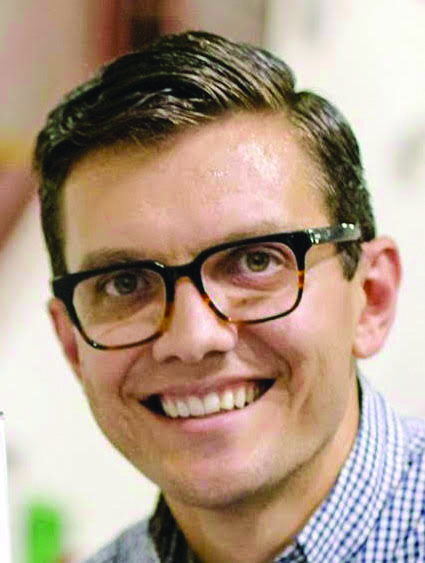Looking over the suffering of his people, the prophet Jeremiah cries out in grief and dismay, “Is there no balm in Gilead? Is there no physician there?” (Jeremiah 8:22) That is, is there no comfort for the suffering? Is there no relief for the afflicted? The natural answer to these questions must be yes, but the reality of the situation demands that Jeremiah answer no. The situation elicits great sorrow and weeping from the prophet.
Jeremiah goes on, “If only my head were a spring of water and my eyes a fountain of tears, I would weep day and night for the wounds of my people.” (9:1) History has come to know Jeremiah as the Weeping Prophet because of his great empathy for the suffering of people around him. He longs to see an end to the suffering of his time, comfort for the grieving, hope for the despairing, but for now, there is nothing that he can do but enter into the sadness with his fellow human beings, feeling their pain and loss with them.
For the last ten days, our community has been grappling with the pain and grief of the murder of a 17-year-old boy at Aptos High School (as of this writing, the boy’s name has not been officially released and so we will respect the family’s privacy). Such a senseless loss leaves us shocked, grief-stricken and wondering, “How could this happen? Is there no balm in Gilead… or anywhere?!”
It’s easy for me, in times like these, to go into quick solution mode: find and punish the perpetrator, increase campus security, then suppress the memory and go back to the way things were. But those actions alone do not actually solve the deeper problems. Yes, justice must be served. Yes, we should strive to provide a safe and healthy campus environment, and yes, we want a sense of normalcy at our schools. But, to address the deeper societal woes that lead us to moments of such unthinkable violence, we as a community must take a cue from the Weeping Prophet.
We are all invited to look upon this tragedy and enter into the depths of sadness with the boy’s mother and father, ponder the sudden loss of a brother, sit with the powerlessness of a permanently empty seat at the table. Only with our empathy fully activated will we be a people who can then work for the transformation of our society into one in which children are not thrust into cycles of violence and families are not left in desperate grief. Then and only then will we be ready to get to work, building an equitable, just, and peaceful society.
Rev. Robby Olson is a Presbyterian pastor in Watsonville. His views are his own and not necessarily those of the Pajaronian.







